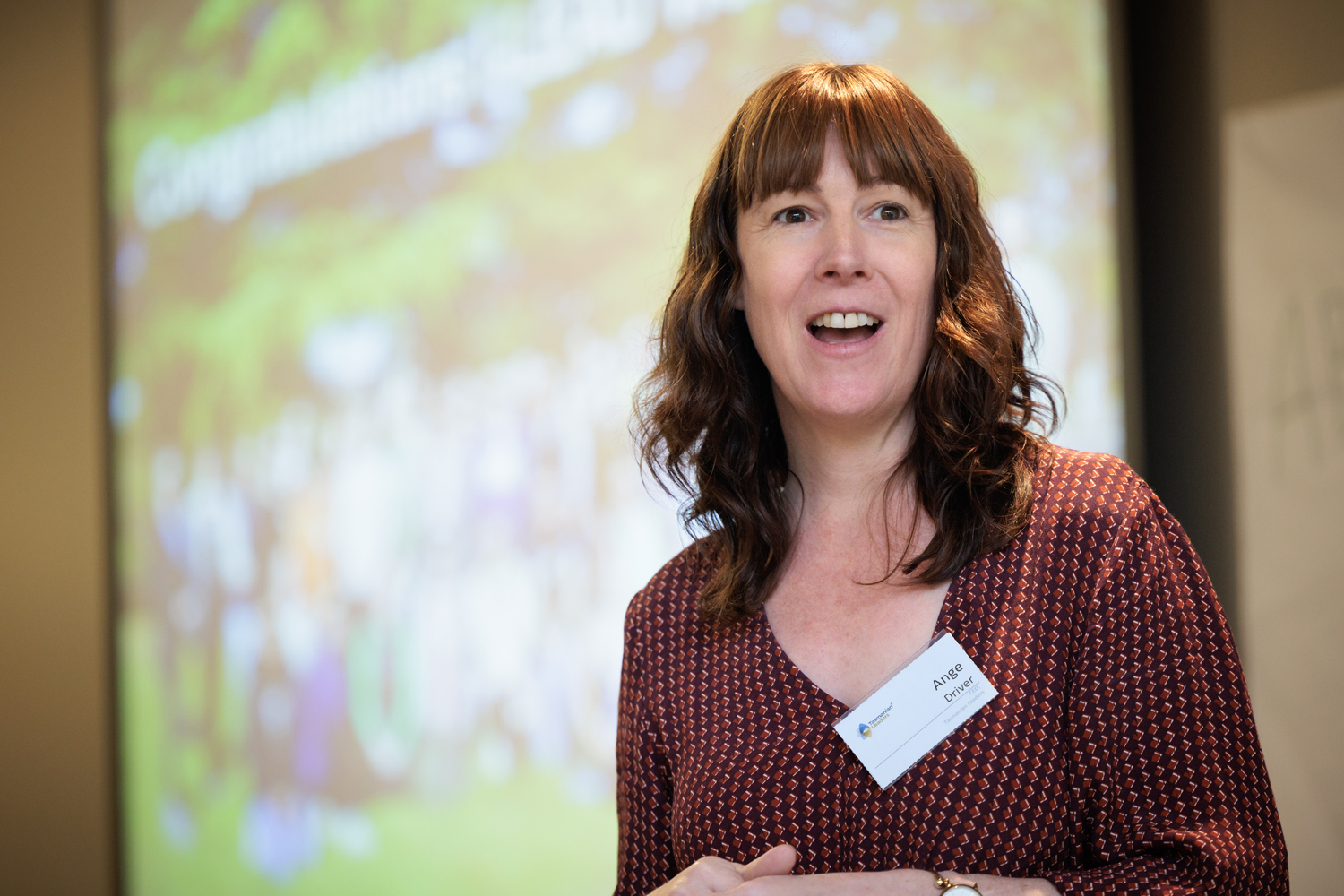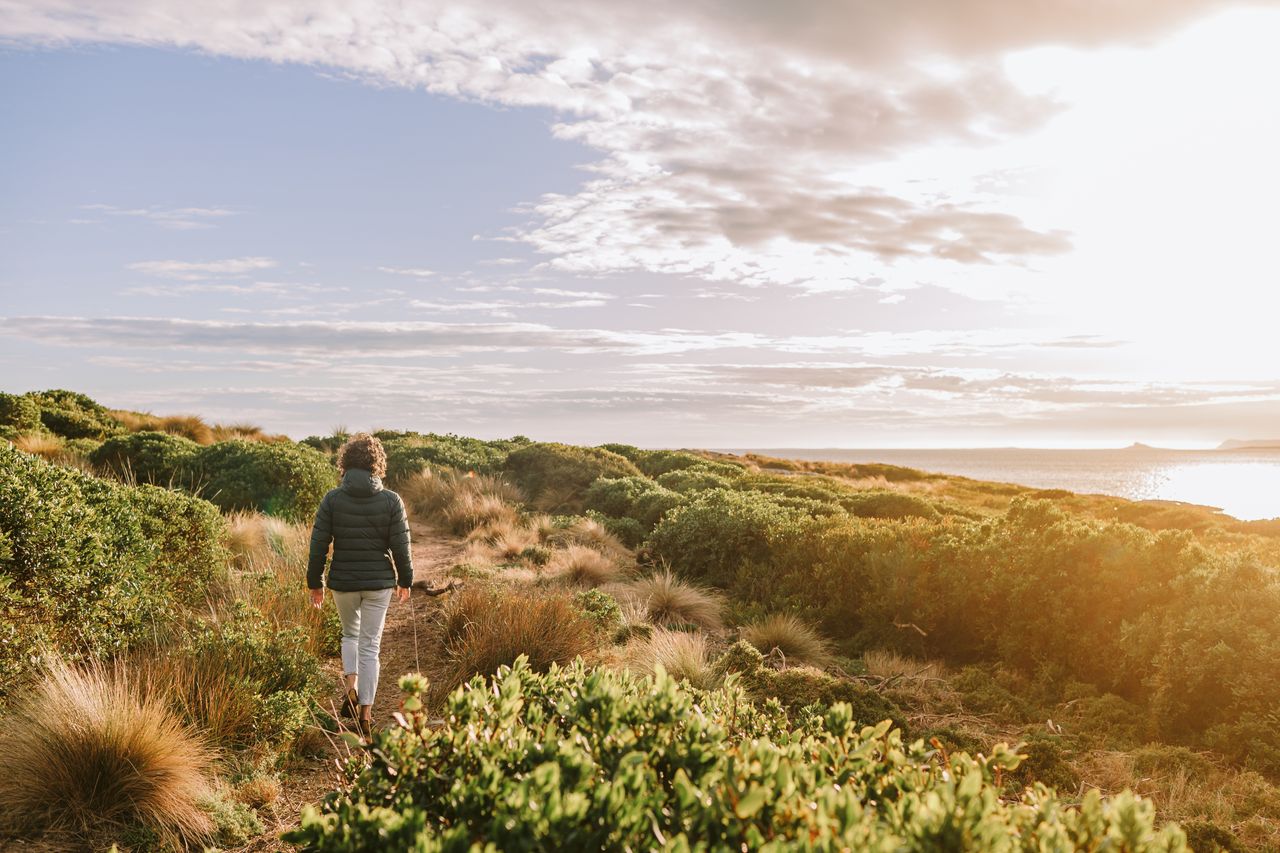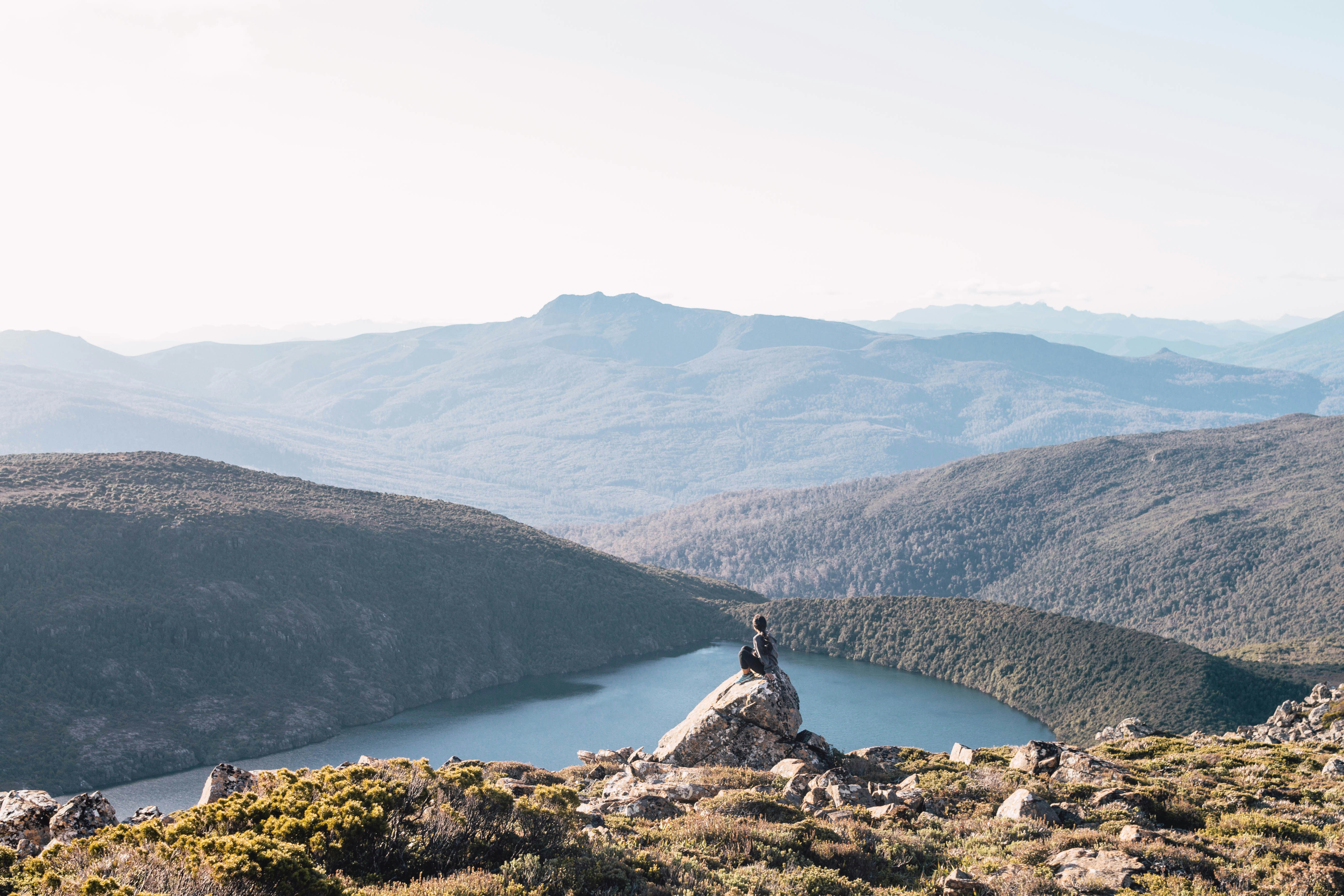-3.png)


Welcome to The Tasmanian Approach by The Project Lab. Sharing the latest instalment of our bite-sized reports on how Tasmania and Tasmanian businesses are responding to today’s most pressing issues.
In today’s edition, we join forces with Angela Driver, Chief Executive Officer of Tasmanian Leaders to unpack how ideas of leadership are changing around the world – and Tasmania’s unique potential to work through those changes..
As an island of interconnected communities and leaders, Tasmania may be better positioned to find a new definition of leadership “When we use words like ‘leaders’ or ‘leadership’, we still think it means ‘people with big jobs’,” says Angela Driver, CEO of Tasmanian Leaders. “We think of it as the hero coming in on the big horse and saving everyone. We’re always waiting for the hero. But, that’s not how it works. And we just get burned out waiting.”
Driver, CEO since 2021, has been with Tasmanian Leaders since 2011 – Tasmania’s leading not-for-profit dedicated to developing influential local leadership. Over nearly fifteen years, she has worked with Tasmanian businesses and communities to encourage new ways of thinking about leadership. For Driver, leadership isn’t just a quality – it’s an action.

“Leadership is a doing word. It’s something any of us can do at any time,” Driver says. She likens leadership in Tasmania to a terrarium – the decorative glass containers containing miniature worlds – we might look the same on the surface, and indeed to the rest of Australia, but not only are we a lot smaller, “we are also somewhat closed off and isolated, with a complex ecosystem of interlocking and interdependent communities”.
It’s a particular nuance of leadership in Tasmania. As Driver points out, Tasmanians have greater direct access to their elected leaders than most of the rest of Australia, or even most parts of the developed world. However, this proximity can sometimes make leadership more complicated.
“If you take a stance on an issue or speak up on an issue in Tasmania, you probably know people on both sides of it,” Driver says. “If you speak out against on a specific issue or against an industry, there’s a good chance you have family members working in that industry or at least have a different view. So, we’re very connected, but also very cautious. Leadership is easier and harder, at the same time.”

It highlights one of the key aspects of the global shifts around leadership. Increasingly, we are looking to our leaders not just to make decisions but to help foster a sense of safety and belonging. A recent study in Nature found that ‘benevolent leadership’ – leadership grounded in compassion, fairness, and genuine concern for others – when coupled with trust and communication, helps improve workplace wellbeing across organisations. And this might just be the case in Tasmania as well.
“That sense of belonging makes such a difference in communities and organisations. If you feel like you belong, you’re often willing to do more and go the extra mile for your community,” Driver says.
It suggests a different leadership future is possible in Tasmania. With active commitment to building cultures of belonging, communities and organisations throughout the state can make it easier for Tasmanians to engage in leadership in new ways. This might include understanding the nature of distributed leadership and thinking about leadership as something we can all do, even if we are not officially leaders in our own right.

“We’re very hard on our ‘leaders’ today,” Driver reflects. “We hold them to such high standards and, if they deviate even a little, we’re ready to start throwing rocks at them and bring them down. If we start to think of leadership as something we’re all doing, we can be more compassionate about it all. We can lead together.”
Whether you're exploring new models internally or looking to connect with initiatives like Tasmanian Leaders, we can help you lead with purpose. Get in touch to explore how we can support your team in building trust, belonging, and influence – where it matters most. Let us know how we can support you.
Enjoyed this? Subscribe to The Tasmanian Approach newsletter